Safety and support for those epic training sessions and even more epic races.
I've been slowly getting back into running after years of relative inactivity, and thankfully for me, this period of increased movement has coincided with the release of a number of awesome smartwatches and fitness trackers that I've been able to test out. Of course, I'm miles away from being an elite runner (literally and figuratively), but I nevertheless was excited to be assigned this Garmin Forerunner 945 LTE to review.
To this day, I'm still learning and diving into the amazing number of training modes, metrics, and analyses that Garmin provides with its advanced fitness wearables, but what really intrigued me with this device was the new LTE option. Not because it has cellular connectivity — many smartwatches have this feature — but because it is unapologetically focused on safety, and that's pretty much it. Aside from a ton of fitness features, there are no unnecessary "smart" extras here. To many, this may seem like a huge reason not to get such an expensive wearable, but for elite athletes, it may be just the reason why they run out to buy one.
Garmin Forerunner 945 LTE
Bottom line: The Forerunner 945 LTE is a fantastic fitness-first smartwatch for elite athletes, as well as those who aspire to be. It delivers top-of-the-line training, analysis, and support, along with the peace of mind of safety monitoring when you're without your phone. Just don't expect to call, message, or stream with that LTE connection.
The Good
- Built-in LTE for workout sharing and emergency support
- Battery life is strong
- Extremely comfortable and lightweight on the wrist
- Button navigation is great for when you're sweaty and dirty
- Visibility outdoors is excellent
The Bad
- You can get LTE-enabled smart fitness watches for hundreds less
- LTE model is pricier than the standard version and requires service plans
- LTE doesn't support media streaming, voice calls, or outbound messaging
$650 at Amazon $650 at Walmart $650 at B&H
Garmin Forerunner 945 LTE: Price and availability
The Forerunner 945 LTE was announced in early June 2021 along with Garmin's entry-level running watch, the Forerunner 55. The 945 LTE is not a new watch per se but rather an update to the existing Forerunner 945 that adds LTE connectivity (with a monthly service plan) to provide phone-free live tracking and emergency assistance. The watch is retailing for $650, and LTE service can be purchased (and renewed) in six or 12-month blocks. The six-month contract runs $6.99/month, while the 12-month contract costs $5.99/month. The Forerunner 945 LTE is available through retailers like Amazon, Walmart, and B&H, as well as on Garmin's website.
Garmin Forerunner 945 LTE: LTE explainer
As I noted above, the LTE version of the Forerunner 945 retails for approximately $50 more than the non-LTE version. Why is this significant? Well, right now, the price difference between the standard and non-LTE versions of what I consider the watch's two biggest competitors — the Samsung Galaxy Watch Active 2 and the Apple Watch Series 6 is $100-$180. Now, the Forerunner 945 LTE starts substantially higher than those other two watches, but at least the "upgrade" to LTE is not as tough of a pill to swallow. That, and the LTE service on the 945 is less than the other watches (which can run $10 or more per month, depending on the carrier). Furthermore, once you acquire your Forerunner 945 LTE, you can choose which LTE plan you prefer, set it up, and pay all from the Garmin Connect app. It's super easy and only takes a minute or two.
LTE on the Forerunner 945: What it can do
The Forerunner 945 LTE is designed for serious, hard-core runners, cyclists, and triathletes who spend hours per day/week training for their next big race or personal challenge. These people are not likely to want to carry any extra weight or distractions, like a smartphone, for example. However, they likely do want to have access to help should they need it. That's what the Forerunner 945 LTE offers.
Once you set up the Forerunner 945 LTE with the Garmin Connect App, you can designate personal emergency contacts to notify in case you get into trouble or need assistance while out on your workout. You can also take advantage of Garmin's Assistance Plus feature to automatically send your name and location to a professionally monitored 24/7 call center, which can then immediately coordinate with your local emergency services. Additionally, the Incident Detection feature (which premiered on other connected Garmin smartwatches last year) can automatically trigger these Assistance Plus features if it detects that you've fallen or injured yourself on your exercise activity, whether that be a run, ride, walk, or hike.
Additionally, the LTE signal allows you to share your location via Garmin's LiveTrack feature, which lets approved friends and family follow your run/ride in real-time. They can also send you motivational audio and text messages to help motivate you and keep you progressing towards your end goal. Plus, they can see your pace and mileage as you go — pretty cool stuff.
LTE coverage is currently available in a handful of countries worldwide, including the United States, Canada, New Zealand, France, Germany, Spain, Singapore, Japan, Isreal, and Mexico, though not all countries have access to the Assistance Plus features. Garmin has a detailed coverage map on its website if you want to check whether you can take advantage of these features where you live.
LTE on the Forerunner 945: What it can't it do
Part of the reason that Garmin's LTE service price is lower than the competition, however, is that it doesn't do as much with that LTE connection; in other words, you pay for what you get here. While you can receive motivational messages from loved ones on your wrist, you cannot respond to those messages, send new messages, or make calls. You can download offline music to play through your Bluetooth earbuds, but you cannot stream music from Spotify, Pandora, or any other streaming service. Nor can you order an Uber to drive you back home post-workout or use any common smartwatch apps on the go. LTE on the Forerunner 945 is primarily a safety feature and not much more. But for many elite athletes, that's not only enough; it's just perfect.
Ok, now that we know what LTE on the Forerunner 945 can and cannot do, let's get into what I thought of the smartwatch and who I think it's best suited for.
Garmin Forerunner 945 LTE: What's good
Like other watches in the Forerunner series that I've worn, I found the 945 LTE to be quite lightweight and comfortable on my wrist. Its casing is just slightly smaller than the Venu 2 that I recently reviewed (44.4mm to 45.4mm), but it's a noticeable difference that I can definitely feel. As much as I like the Venu 2, it's pushing the limits of what I'm comfortable having on my wrist, and it would constantly bump against my hand when it was flexed backward. Not so with the 945 LTE.
As someone who sweats a lot during workouts, I appreciated the consistent reliability of the pushbutton navigation. The buttons do exactly what you expect of them, every time, which is more than can be said for a slippery touchscreen. I also enjoyed just how easy it was to read the 945 LTE outdoors in bright sunlight. I didn't have to squint or crank up the brightness to see my meager workout stats, which is something I often have to do with AMOLED displays.
I've started to run without music lately (I know, I'm a weirdo), but it was nice to have my workout music downloaded and available on my wrist for those times when I wanted to listen while running without my phone. The 945 LTE can hold up to 1,000 songs, which is more than enough for even the longest of races or training sessions.
It offers over 30 different workout modes and on-device guided workouts, but what really impressed me were all the extra tracking features and analytics on offer. For example, by measuring things like your daily activity, sleep, and body battery, the 945 LTE can offer you daily suggested workouts. The training effect feature can show you how your workouts can affect your endurance, speed, and power, and the training load focus feature provides you with a graphical breakdown of how intense your workouts are. If you're someone who is really trying to maximize an endurance workout plan, this kind of information can be super helpful.
The 945 LTE's battery life is solid, lasting up to two weeks in GPS mode with music, and up to 12 hours if you have LTE LiveTrack enabled in addition to GPS. Even if you keep GPS mode going and don't use music, you can still get more than a day (up to 35 hours).
The connectivity features on the Garmin Forerunner 945 LTE may not be as extensive as on other smartwatches, but they deliver what matters — peace of mind.
Now let's talk about the LTE features again. As I mentioned earlier, it's really easy to get this feature set up from within the Garmin Connect app, and it's pretty easy to use while you're out on your workout. Holding down on the top left button brings up the Assistance Plus feature, which allows you to select whether you want to contact emergency services or your personal contacts. From there, you can select from preset messages like "It's an emergency. Please get help" or "not an emergency, but please pick me up. There is even a rudimentary keyboard feature that allows you to compose your own message with the on-device buttons, but it's a little like trying to send a text message from a rotary phone. It's challenging, and even a bit frustrating, but at least it's there.
LiveTrack and Live Event Sharing can be accessed through the settings menu by holding down the middle left button and navigating through the settings. This can take several button presses, but it's not too difficult to figure out. You can add up to five recipients to share your location with, and you can even set up certain events to trigger messages to your contacts, though this has to be done in advance from the Connect app.
The 6-month contract is just long enough to keep you on track for that next big race, without saddling you with a huge commitment.
I like that you have the option of signing up for a year of LTE for a reduced rate or signing up for just six months if you're not sure if you'd use the feature for an entire year. Obviously, a month-to-month plan would be better (if more expensive) if you're not sure you'll need LTE, but having it for at least half a year should help keep you on your training plan. Then, of course, if after that big race you don't need it anymore, that's fine, you can cancel it. At least you benefitted from the service when you needed it most.
Finally, I appreciate that Garmin continuously updates and supports its fitness watches. In the weeks preceding this review, the 945 series received updates to improve V02 max tracking, rate of perceived exertion, intensity minutes, and fitness age. It also saw improvements to its sleep analysis, and it received additional animated on-screen workouts, among other updates. One thing is for sure — Garmin watches will last you a long time and be useful during their entire lifespan (which beats just about any other wearable I've tested).
Garmin Forerunner 945 LTE: What could be better
There is an awful lot to like about the Forerunner 945 LTE, for sure, but there are also a few areas where I think it could improve.
To begin with, I know why Garmin chose the particular LTE implementation that it did, and I also believe that hardcore athletes will mostly be fine with the tradeoffs of not being able to proactively call or message from the watch or stream music to it. But that doesn't mean that those same elite athletes wouldn't want those features if they were available, nor does it mean that they wouldn't be willing to pay slightly more — even market rate — for those features. I kind of think that's a missed opportunity for Garmin. It's true that the upgrade price to LTE is less than for other smartwatches and that the monthly fee is less, but the watch is already so much more expensive than those devices that I think that's kind of a moot point here. It might be different to offer sub-optimal LTE on something like the Forerunner 245 or 745, but a top-of-the-line watch deserves top-of-the-line services.
The 945 LTE is a pricey piece of equipment.
And while we're on the topic of price, at $650, the Forerunner 945 LTE is $120 more expensive than the next expensive competitor to it, the Apple Watch Series 6. I know plenty of hardcore athletes that are perfectly happy to stick with an Apple Watch for their endurance training or even switch to a non-LTE Garmin watch to save some money.
Finally, while I like the way the device looks and feels, I know a lot of you will think it too utilitarian for a smartwatch. It doesn't have an AMOLED screen, nor does it have the touchscreen navigation many smartwatch fans are used to and want. If you detest using buttons to get things done, you're not going to enjoy the Forerunner experience.
Garmin Forerunner 945 LTE: Competition
When comparing the best Android smartwatches, even I was a bit surprised to discover that there aren't really a ton of LTE-enabled options; at least, certainly not in the fitness-focused category. Even if you expand the search to include the Apple Watch (which I did), the pickings are pretty slim.
For our audience, I think the best overall LTE-enabled smart fitness watch alternative is the Samsung Galaxy Watch Active 2. It has impressive hardware and battery life, a smooth touchscreen experience, and it also includes NFC for contactless payments. LTE is, of course, an optional upgrade, but even then, it costs less than half the price of the Forerunner 945 LTE.
While it won't work with an Android phone, we'd be remiss if we didn't include the latest Apple Watches in this section, as there are no doubt plenty of iOS users who might consider the Forerunner 945 LTE against the Series 6 or SE. Both Apple Watches have LTE options that run $100 or so above the price of the base models, but even the Series 6 with LTE is over $100 less than the Forerunner 945 LTE. And while it may not have quite as many advanced training modes and metrics as the 945 LTE, you do get more smart functionality with Apple's wearables, including phone-free messaging, calls, and streaming media. Plus, your family and friends can monitor your real-time location through the FindMy app if you share it with them.
There's actually another decent Garmin with LTE, and this one has a touchscreen.
The Garmin vivoactive 3 Music (Verizon) edition smartwatch is a more affordable alternative for those who wish to reap the phone-free benefits of the Forerunner 945 LTE and stay in the Garmin ecosystem. Just like the 945 LTE, this device allows you to have emergency access at the push of a button, but it costs less than half the price. The LTE plan is through Verizon, but it exists separately from your existing phone plan, so you don't have to change carriers to use it. Even though there is a newer vivoactive 4 out, you can still pick this device up from Garmin, as well as retailers like Amazon and Walmart.
There is also a non-LTE version of the Forerunner 945, but if you want to stay connected to friends, family, or emergency services, you'll need to run/ride with your phone. The non-LTE 945 costs $50 less than the LTE version, plus you don't have to mess with another monthly subscription.
Finally, there are also app-based safety tracking solutions that work on Android and iOS. For example, Strava Beacon lets you share your live location with friends and family. MapMyRun has a similar feature, as does Runkeeper. None of these require you to have a specific smartwatch with an LTE plan, though you do need to carry your smartphone with you.
Garmin Forerunner 945 LTE: Should you buy it?
You should buy this if ...
- You spend hours per week on intense training away from your phone
- You or your loved ones want to make sure you're able to access emergency help when needed
- You love the Garmin experience and ecosystem
You shouldn't buy this if...
- You're not an elite (or aspiring) elite-level athlete
- You want a more typical touchscreen smartwatch
- You want to be able to stream music or place calls or texts from your wrist without a phone
The Garmin Forerunner 945 LTE is a fantastic piece of tech, but it is most definitely not for everyone. It is clearly a fitness device, first and foremost. You can certainly find advanced fitness smartwatches (even from Garmin), and there are definitely more comprehensive options for always-on phone-free connectivity.
However, this watch is meant for elite athletes who want to focus on their training and recovery and who also want the assurance and support of family and emergency services when it's needed. So if you're someone who just wants a standard smartwatch with fitness features, steer clear; this isn't the device for you. But if you're working towards a marathon, triathlon, or ultra race, strap this baby on and go!
Garmin Forerunner 945 LTE
Bottom line: The Garmin Forerunner 945 LTE is the perfect fitness watch for the elite athlete, but the rest of us will want to stick with the company's other excellent and less expensive smartwatches.
from Android Central - Android Forums, News, Reviews, Help and Android Wallpapers https://ift.tt/3h74eEH
via IFTTT

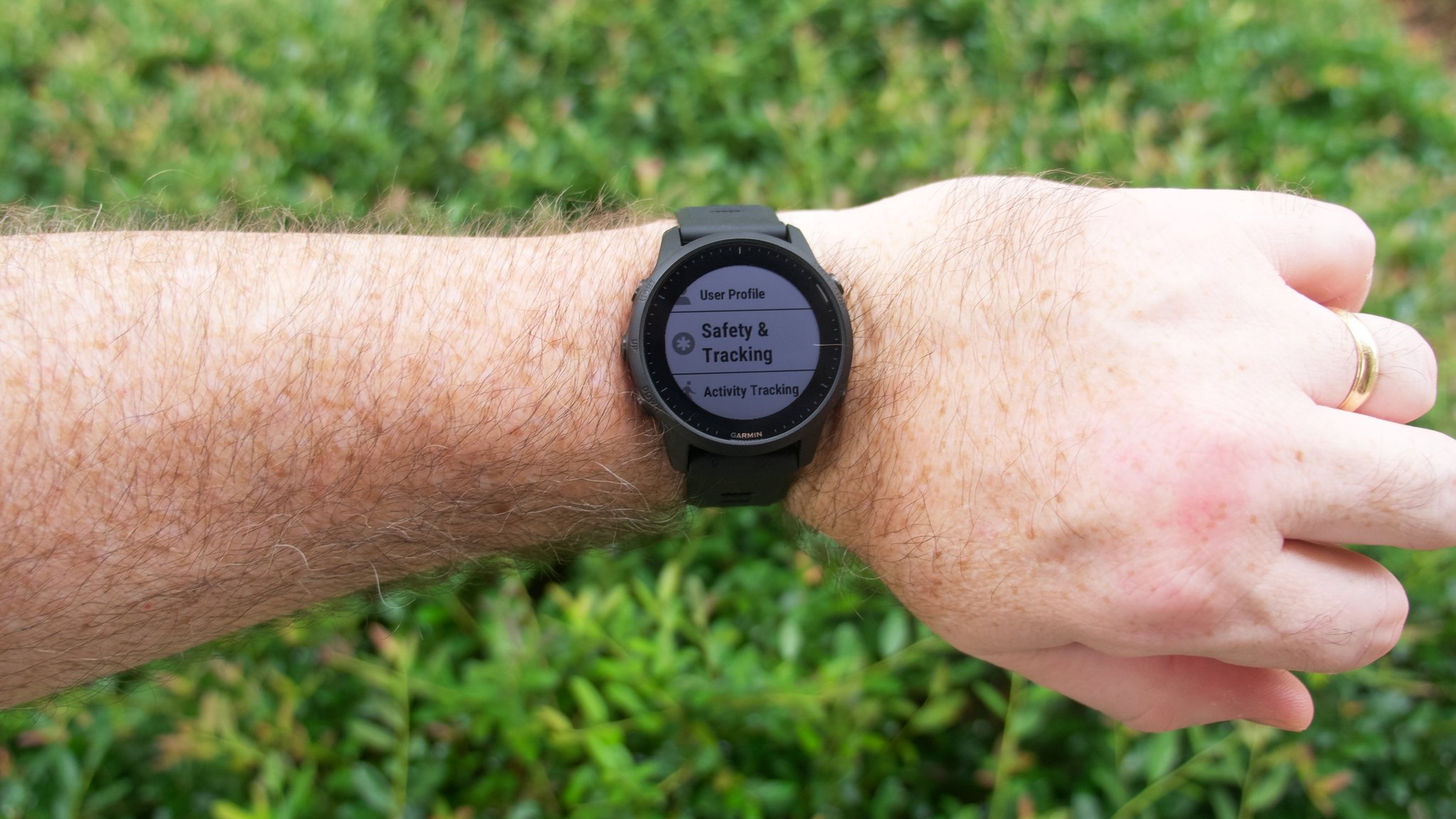
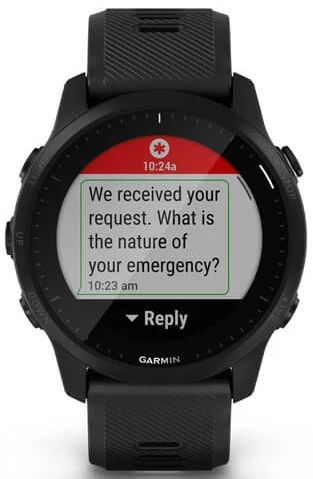

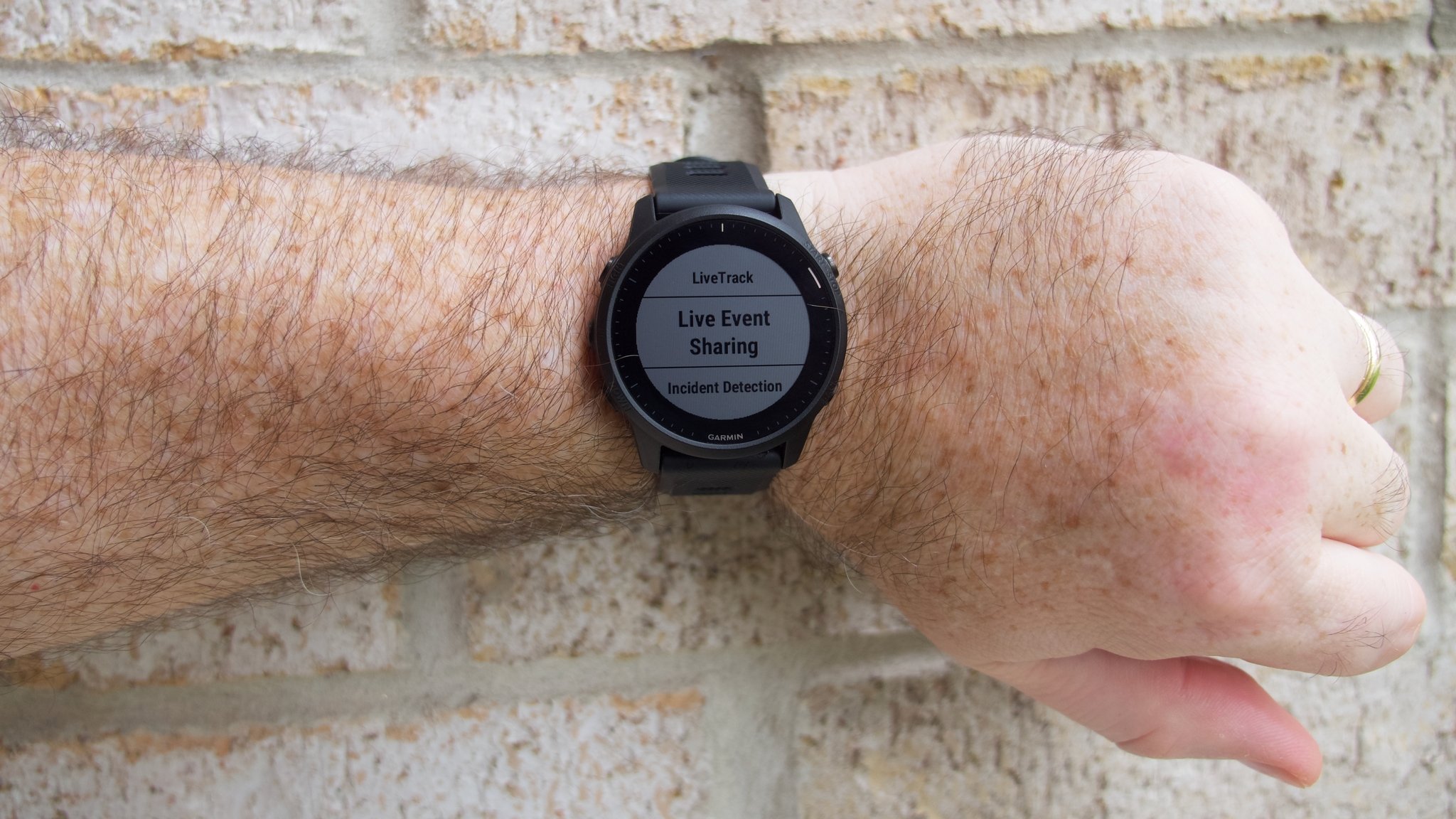
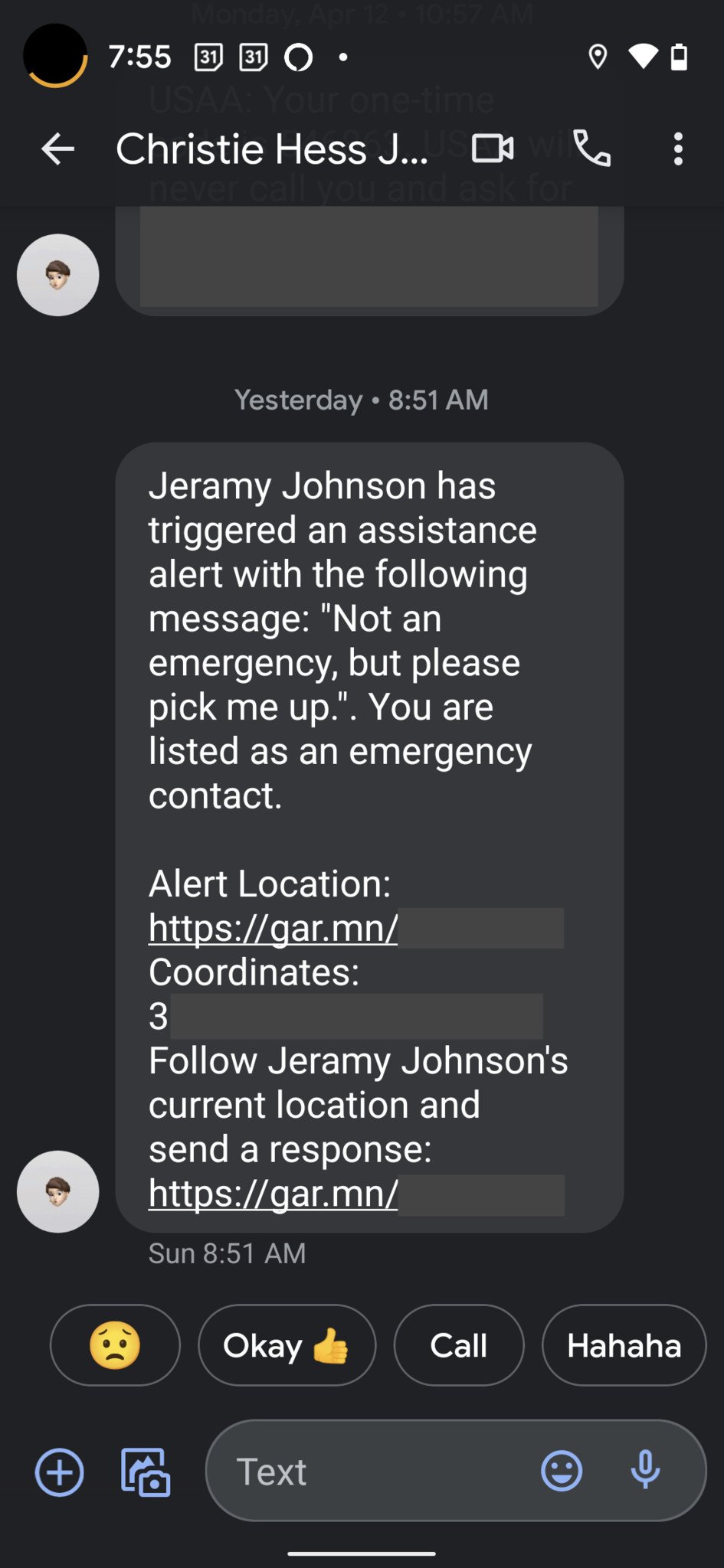

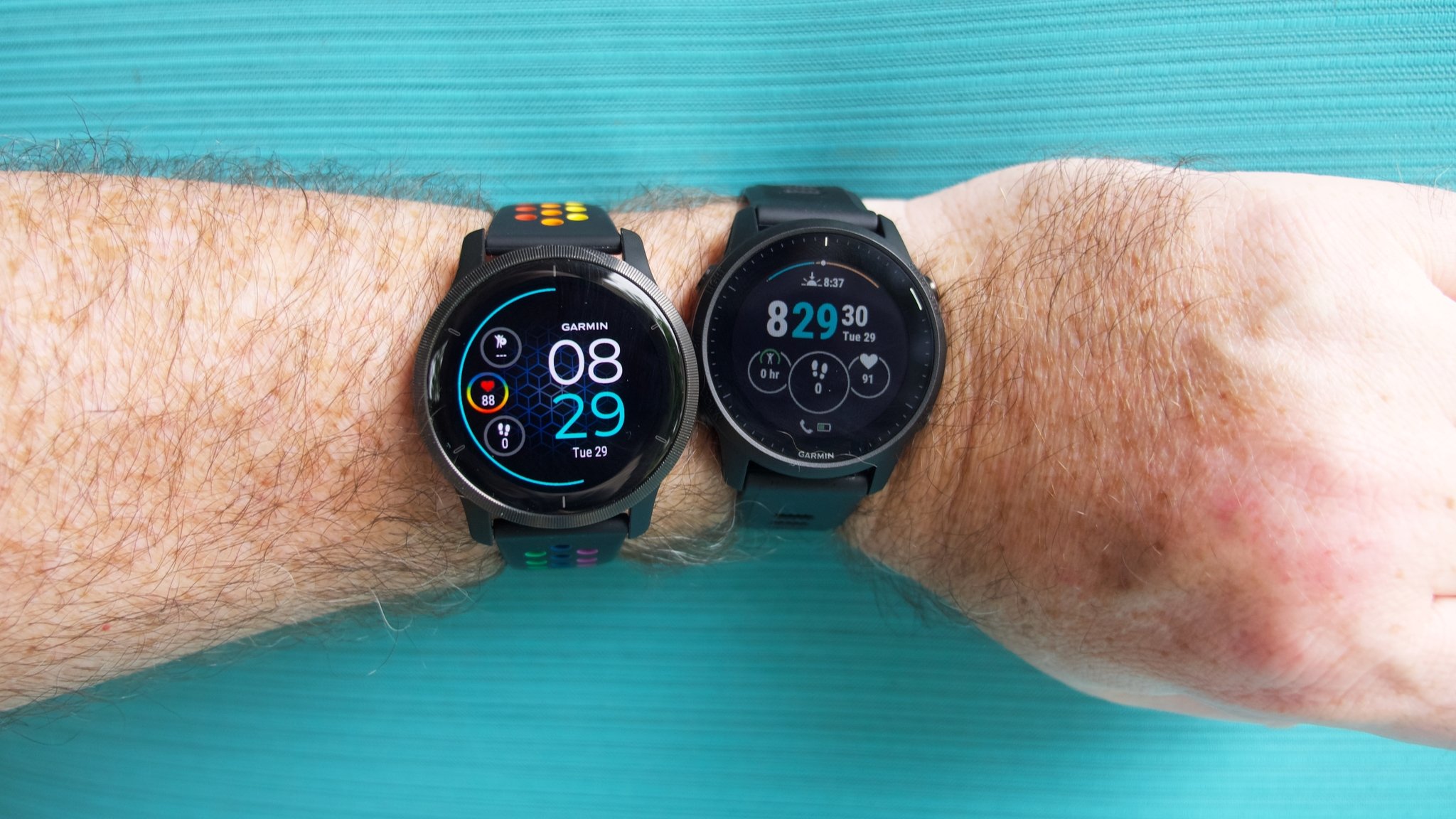
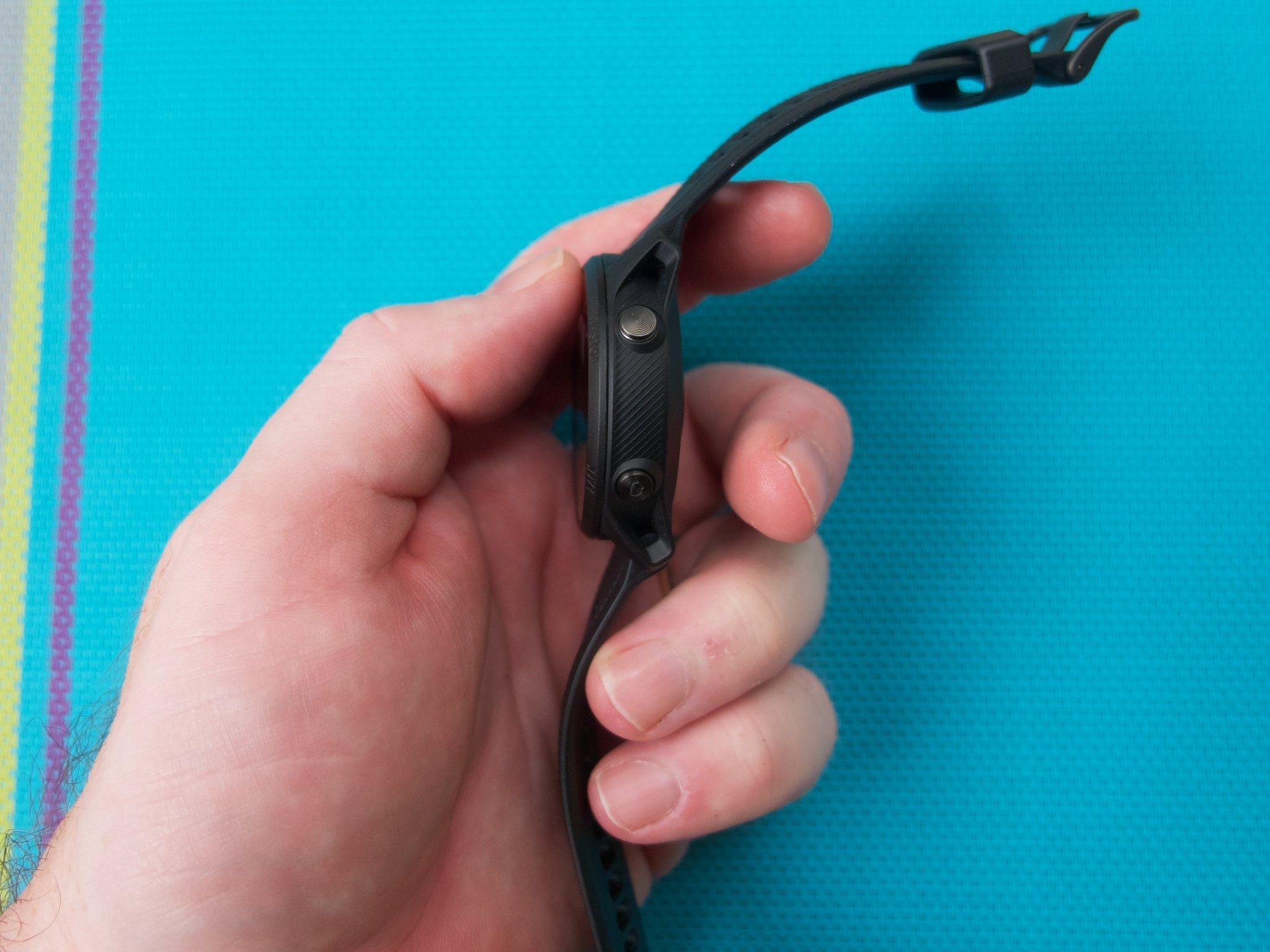
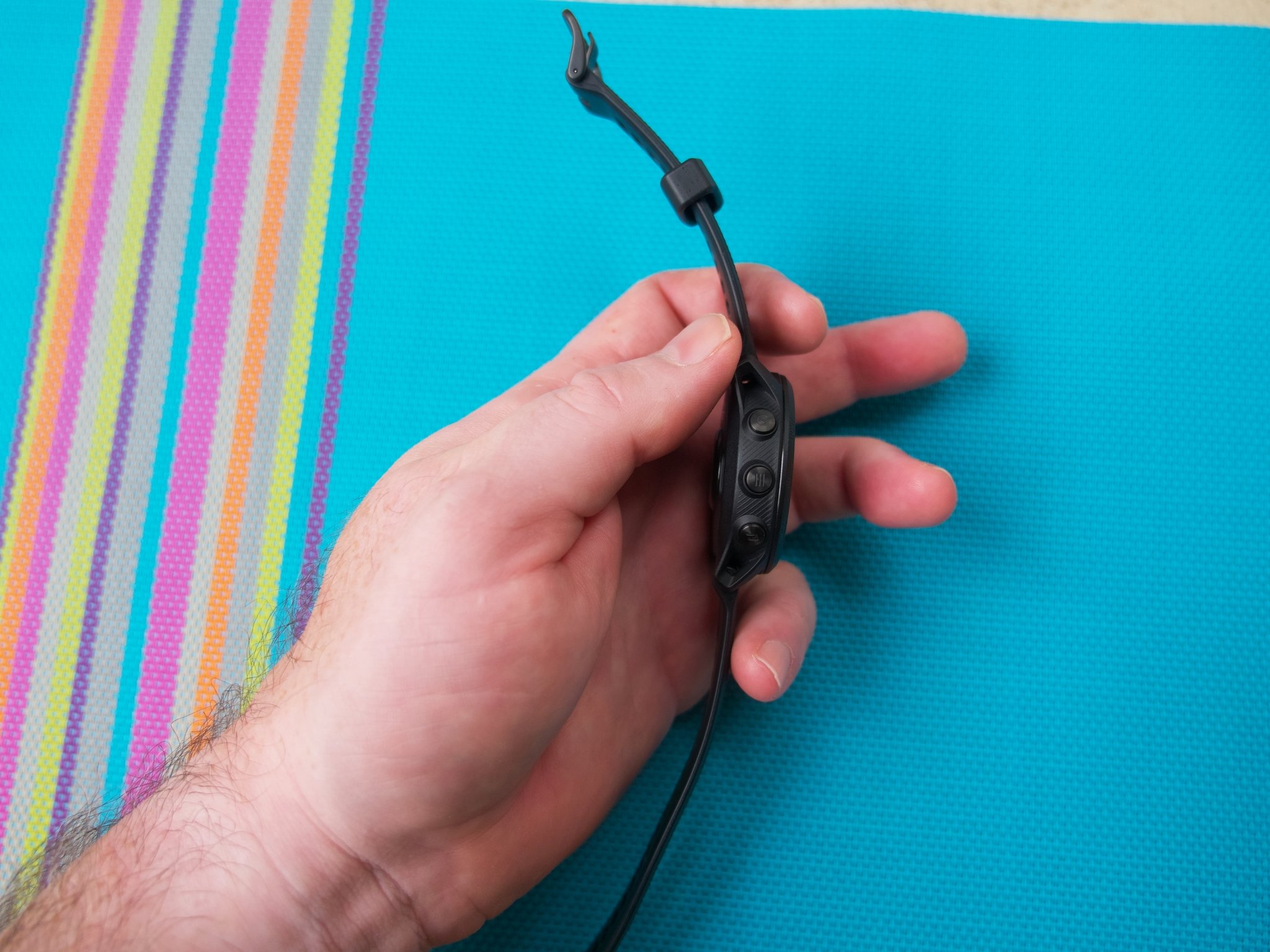
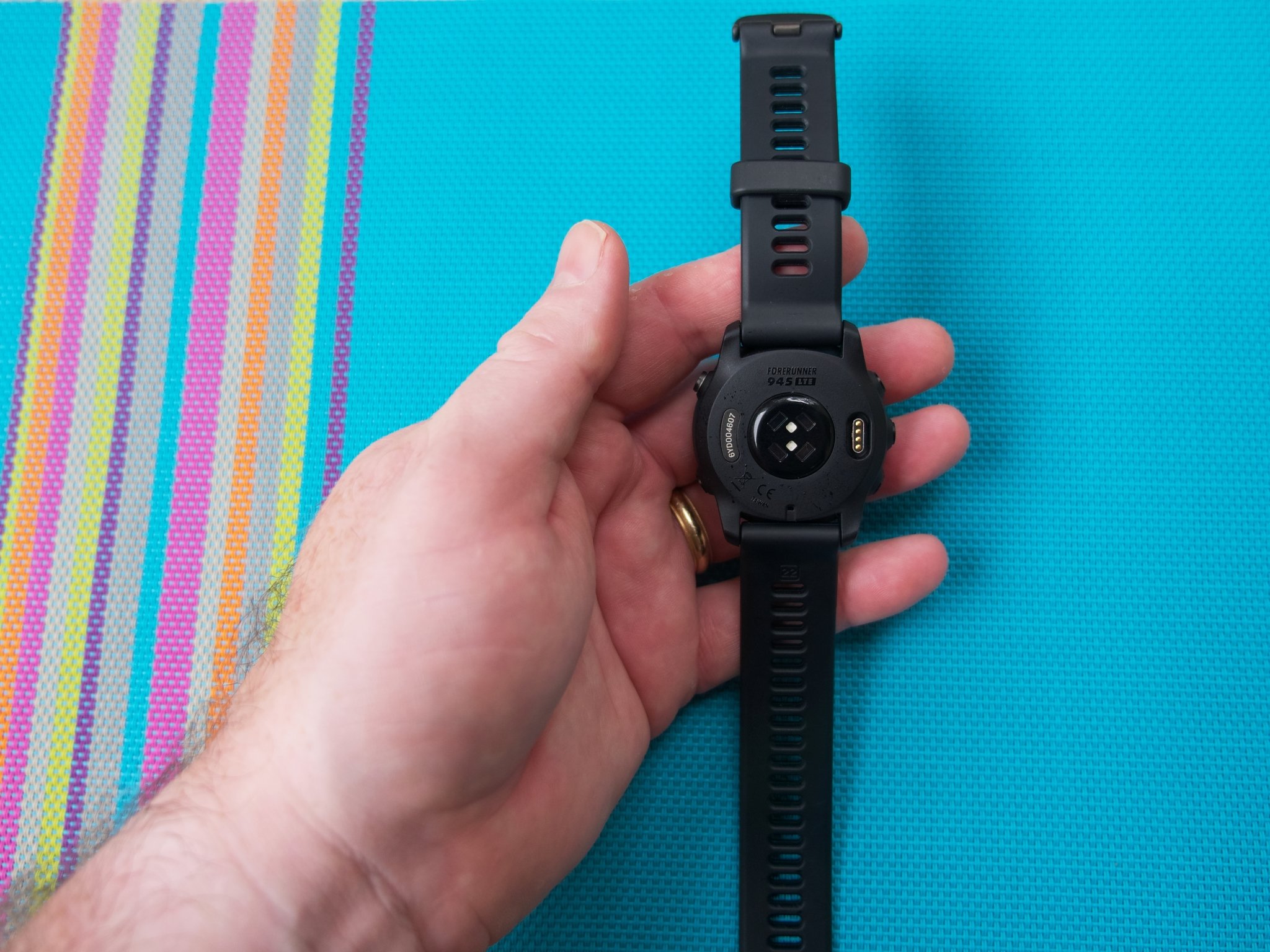

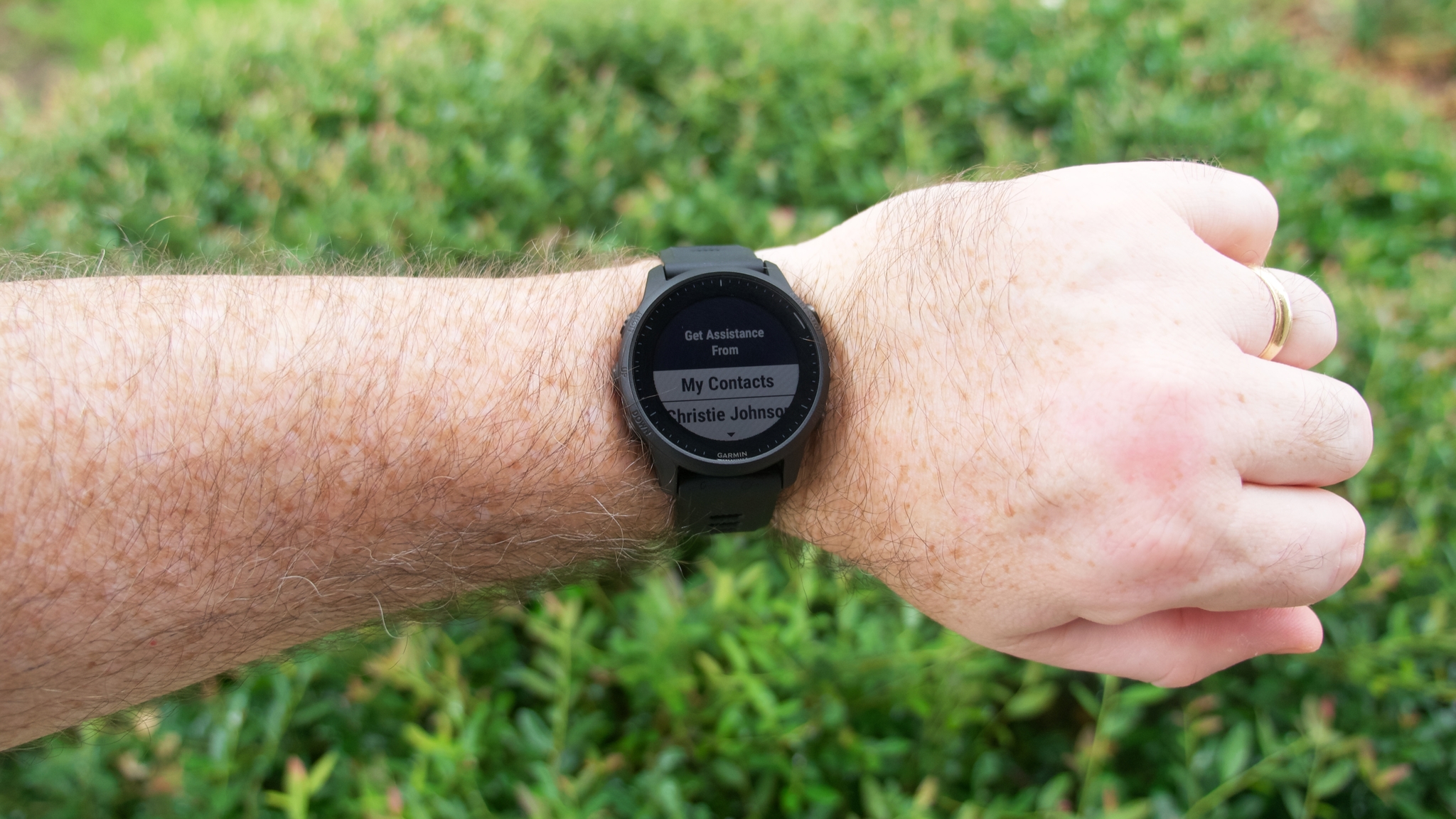
Aucun commentaire:
Enregistrer un commentaire